Support and Training for Hospital Professionals
WONDERbabies provides support and training for hospital professionals who care for medically fragile babies and their families in intensive care.
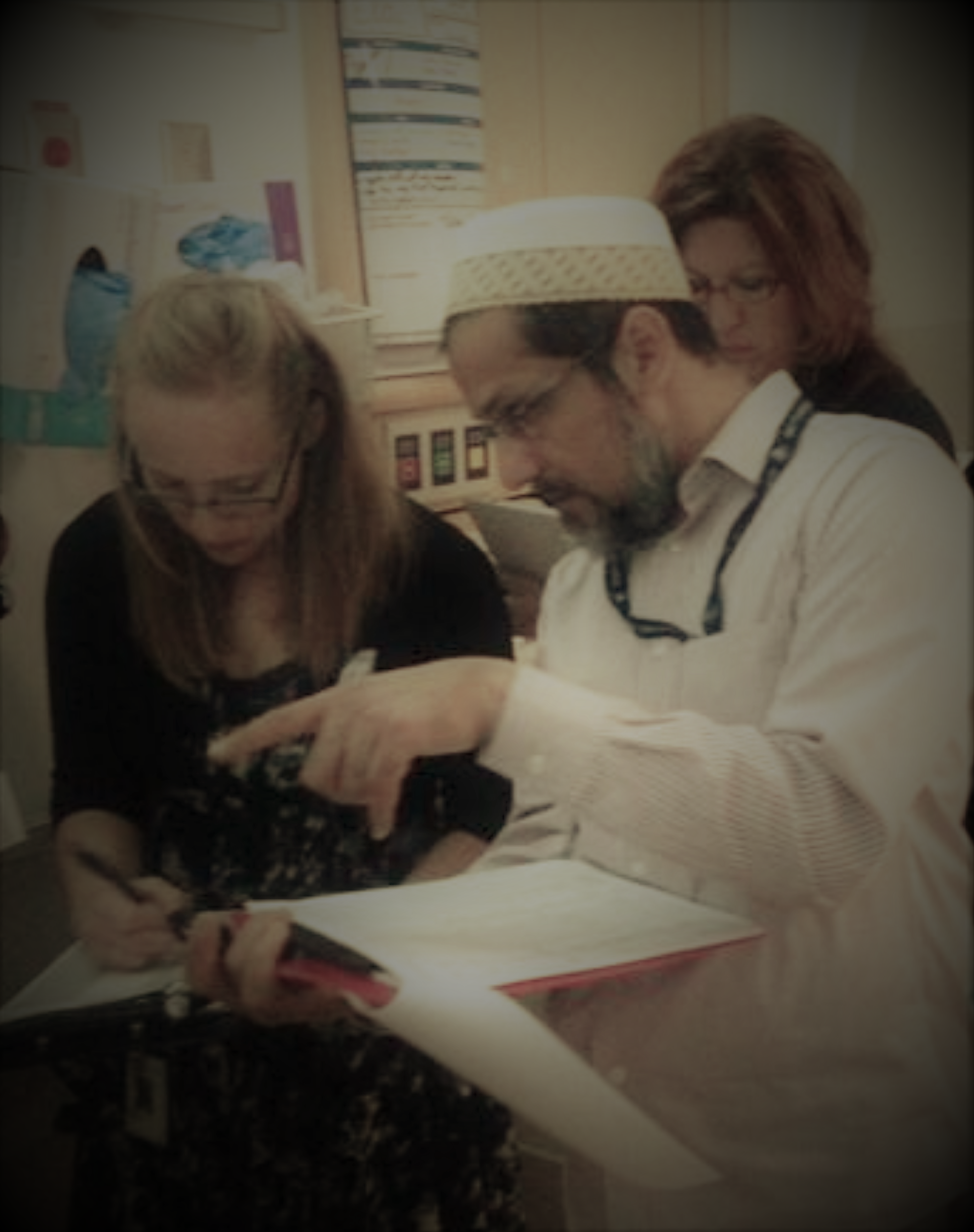
COURSES FOR HOSPITAL PROFESSIONALS
In cooperation with
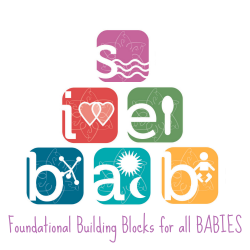

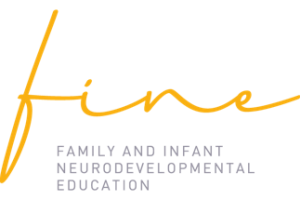
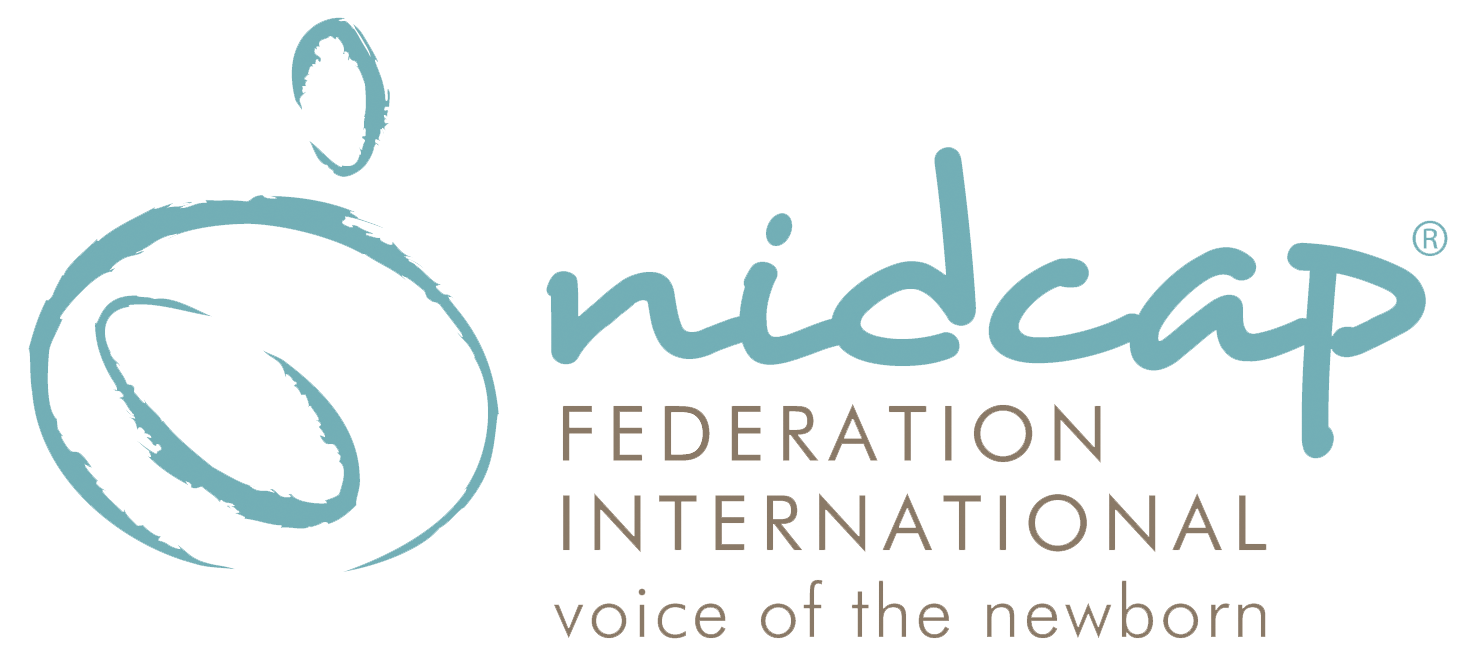
Our faculty is comprised of NIDCAP trainers and NIDCAP Professionals who are experienced in the challenges of implementation in NICUs and who come from a variety of disciplines including OT, PT, Speech, Parenting high risk babies, Nursing, Neurophysiology and Psychology. Thus, our faculty is well versed in the complexities of how to work as a team and how to implement neuroprotective strategies from a variety of perspectives.













We support and adhere to the Recommended Standards, Competencies and Best Practices for infants and families in intensive care. View HERE.

FINE* U.S. Level 1
Family and Infant Neurobehavioral Education Training 1 is the first level in the FINE program, which introduces the scope of family-centered care and the evidence that supports it. FINE 1 is a 1 1 /2 to 2 day (depending on hospital interest and needs) foundation that provides evidence-based science for a variety of topics (e.g. sleep, feeding, positioning, observation, etc.) and hands on workshops for people to practice skills like developmentally supportive KMC transfers, positioning of complex babies, feeding issues, etc.).
FIFI
The Fragile Infant Feeding Institute is a 4 1/2 day intensive study of feeding and nutrition for infants with special needs. The interprofessional institute focuses on hospital and community feeding practices and encourages close interaction between the faculty and participants.
FINE* U.S. Level 2
Practical Skills for Family Centered Developmental Care follows the FINE 1 Foundation Course, bridging the gap between theory and practice in Infant and Family Centered Developmental Care (IFCDC). FINE 2 is a 12-16 week mentored experience that provides the professional with activities to practice family centered and infant supportive developmental care implementation at the bedside. Each “module” allows the professional to apply principles of observation, intervention and reflection in a weekly program that does not take them away from the bedside. Mentoring of their reflective journals and worksheets is provided by experienced faculty who are also NIDCAP trainers.
APIB
Assessment of Preterm Infant Behavior is a comprehensive, systematic assessment of the preterm and full-term newborn, and provides a valuable resource in support of developmental care provision by professionals and families. It is a neurodevelopmental diagnostic instrument for clinicians and developmental consultants in the nursery setting, such as psychologists, neonatologists, neurologists, psychiatrists, developmental pediatricians, and advance practice nurse clinicians.
NIDCAP
Newborn Individualized Developmental Care and Assessment Program (NIDCAP) Training is a system for assessing and supporting the individual strengths of prematurely born and other high medical risk infants while they are still in the hospital, including a caregiving approach that focusses on each infant’s unique behavioral communications and adapts care and the caregiving environment (www.nidcap.org).
Rapprochement Model
The Rapprochement Model aims to assist staff members who care for fragile babies in intensive care settings with a step by step model of supporting parents to progress to full skin to skin holding from a cognitive, emotional and behavioral perspective. The model assumes that the abrupt separation from the regulatory interaction of the mother and fetus needs to be carefully resumed through smell, voice, and touch after birth, especially for the fragile infant.
NICU PROFESSIONALS KNOW THAT THE BEST GIFTS COME IN SMALL PACKAGES
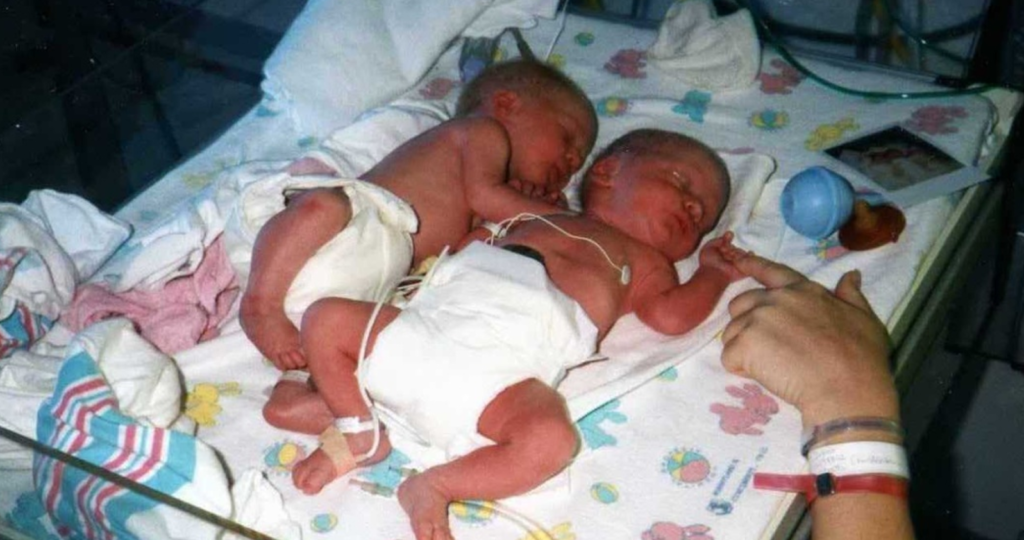

- wonderbabies@yahoo.com
- Worldwide Availability
